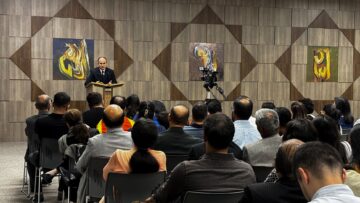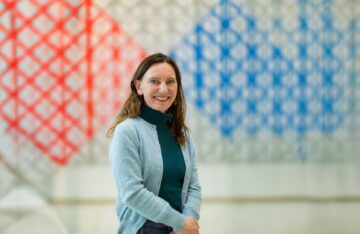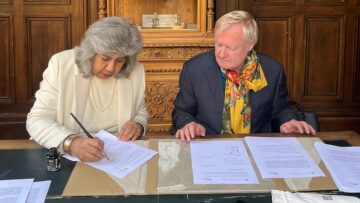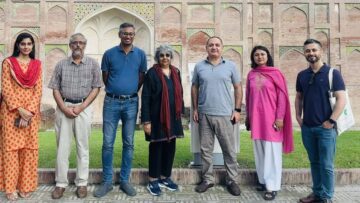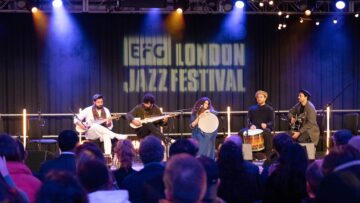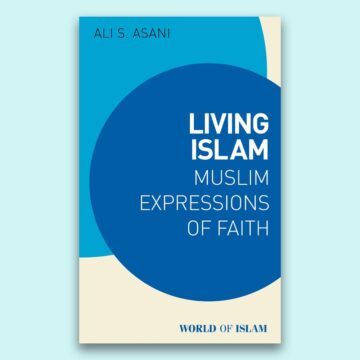The conference provided the community of scholars and professionals with a platform to share and exchange research, experiences and ideas about all aspects of the field of Middle Eastern studies, as well as to discuss theoretical, political and practical concerns and their possible solutions. The conference programme consisted of more than 300 panels, organised by 135 institutions.
“What we need is an impartial, open dialogue among cultures and sections of society based on mutual respect, tolerance, responsibility and good neighbourliness,” said Johannes Rau, President of the Federal Republic of Germany, in his message of greeting. “The increased awareness of ethnicity, language, origin and religion and the growing consciousness of the complexity of one’s own identity, are an opportunity for greater diversity which must, of course, be rooted in a common foundation of rules and values. The Middle East is a prime example of a region where the paths of different cultures and religions have been crossing since the dawn of human history.”
In addition to the academic papers, other highlights included: a parallel film festival showcasing over 50 films on the Middle East; concerts from renowned musicians as well as introductions to Middle Eastern musical traditions; a series of keynote addresses and special presentations on topics ranging from contemporary approaches to Sufi studies to Middle Eastern economic histories; and the presentation of the WOCMES Award for Outstanding Contributions to Middle Eastern Studies to Edward W. Said, Professor of English and Comparative Literature at Columbia University.
Also as part of the events, leading representatives of the Christian, Muslim and Jewish communities of Germany participated in an ecumenical memorial and peace service in Mainz’s cathedral, the Dom, to commemorate the one-year anniversary of September 11th.
The first World Congress, initiated by the Middle East Studies Association of North America (MESA), was held as a joint congress of the European Association for Middle Eastern Studies (EURAMES), the Association Française pour l’Etude du Monde Arabe et Musulman (AFEMAM), the British Society for Middle Eastern Studies (BRISMES), the German Middle East Studies Association (DAVO) and the Italian Società por gli Studi sul Medio Oriente (SeSaMO). It was supported by Middle East studies associations in North America, the Middle East and 14 other member countries of EURAMES, comprising about 3000 scholars.

